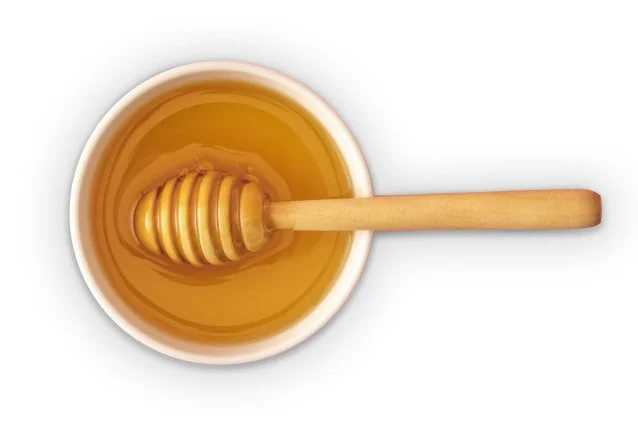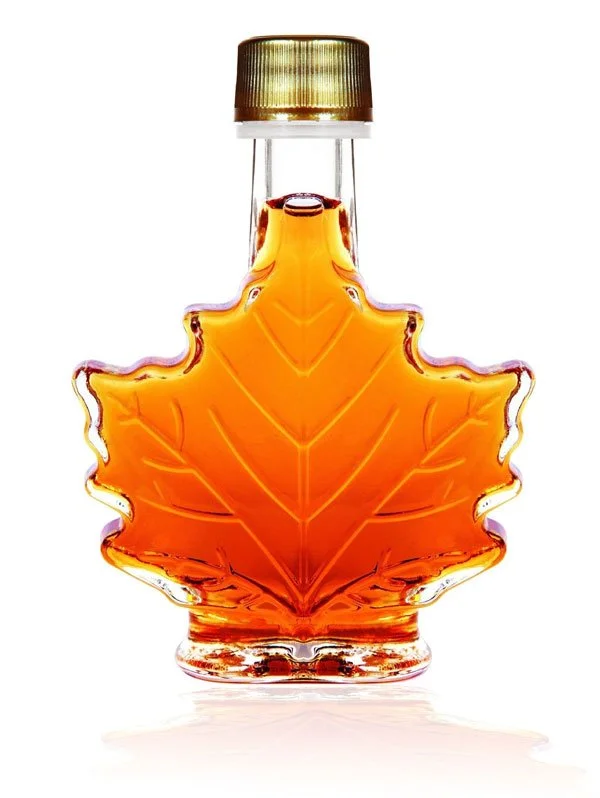5 Autoimmune-Friendly Sweeteners
5 Autoimmune-Friendly Sweeteners
A utoimmune protocols (AIPs) are diets that are specifically designed to reduce inflammation in the body. There are over 100 autoimmune conditions, including rheumatoid arthritis, lupus, Hashimoto's and psoriasis, which all stem from the immune system becoming confused and attacking the body's cells and tissue.
The main sign of an autoimmune condition is inflammation, which can be caused by gut permeability ('leaky gut'), where toxins leak through the gut lining and into the blood stream. An AIP diet adresses 'leaky gut' by removing foods that are high in lectins, phytates and gluten, known to contribute to gut permeability.
If you are considering taking up an AIP, you may have concerns about quitting sugar. The good news is that it is only refined sugar that you will have to give up and your body will immediately thank you for this anyway. There are plenty of natural sweeteners still available that you can use sparingly and we are going to take a look at the top five here.
The secret is to stick to 20 grams of fructose a day, although if you are diabetic, you may not be able to stand as much sugar as other people.














This article gives 14 simple tips for removing harmful toxins from your home.